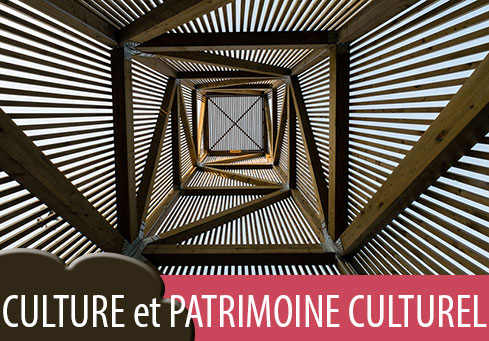Prior to the emergence of Handwritten Text Recognition technology, historic manuscripts would often take years to be transcribed. Complex handwritings, arbitrary text layouts and unusual writing styles were all impediments to researchers reading and interpreting historic texts with certainty. To circumvent these challenges, the researchers behind the READ project have built a specialised software that enables easier transcription of archival documents.
Launched in January 2016 at the ‘Technology meets Scholarship’ conference, the READ project introduced a new digital service platform Transcribus, which uses machine learning algorithms and advanced HTR technology to enable automated recognition, transcription and indexing of historic texts. Through its diverse functionalities, Transcribus offers a new way for scholars and researchers to approach old manuscripts, while allowing historic archives across Europe to digitise their most valuable handwritten resources.
The platform is primarily designed for archives, libraries and content holders, but the range of its applications continues to grow. Earlier in September, the READ network expanded to include The Institute for Documentology and Scholarly Editing (IDE) based in Germany, which has set to explore the ways Transcribus can support their digital publishing efforts. As a regular publisher of a review journal for digital editions and resources, IDE will test the ways Transcribus can be used in scholarly editing and in the creation of digital editions of the Institute’s journals.
The value of Transcribus for improving scholarly research and preserving handwritten historic documents is already apparent, but its creators will continue to improve it in the following years. Some of the project’s objectives include the creation of an Open Platform that will enable easy upload of transcribed documents, as well as developing innovative applications such as e-learning and mobile components. This way, the READ project will create even more opportunities for cultural and historic institutions across Europe to analyse, archive and future-proof all the invaluable resources that represent cultural heritage of Europe.
The READ project is supported by European Union’s Horizon 2020 research and innovation programme, which has recognised its ability to address the “Societal Changes” mentioned in Europe in a Changing World, an initiative that fosters the understanding of the positive impact of technology. As such, the project received a grant which will enable it to run for another three years and continue revolutionising the access to historic documents.
Bojana Dobran
Content Consultant




